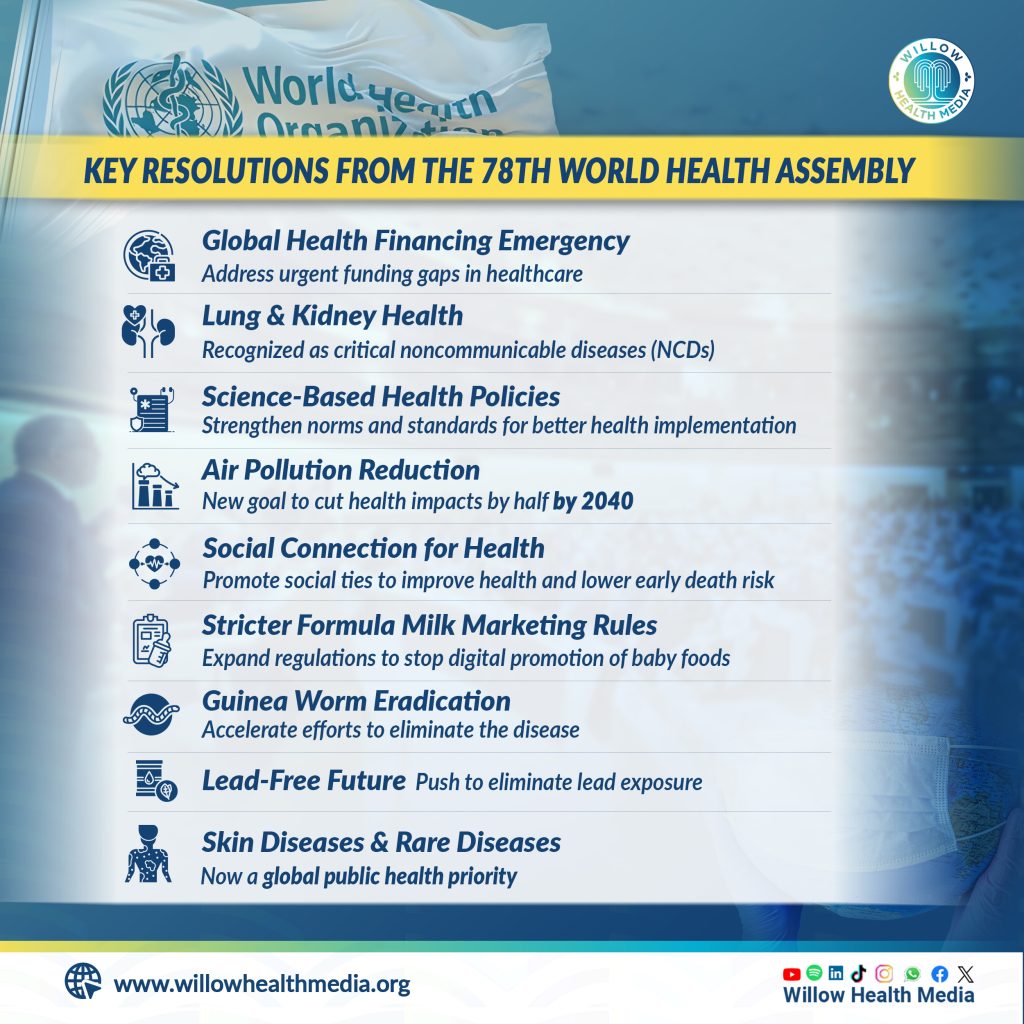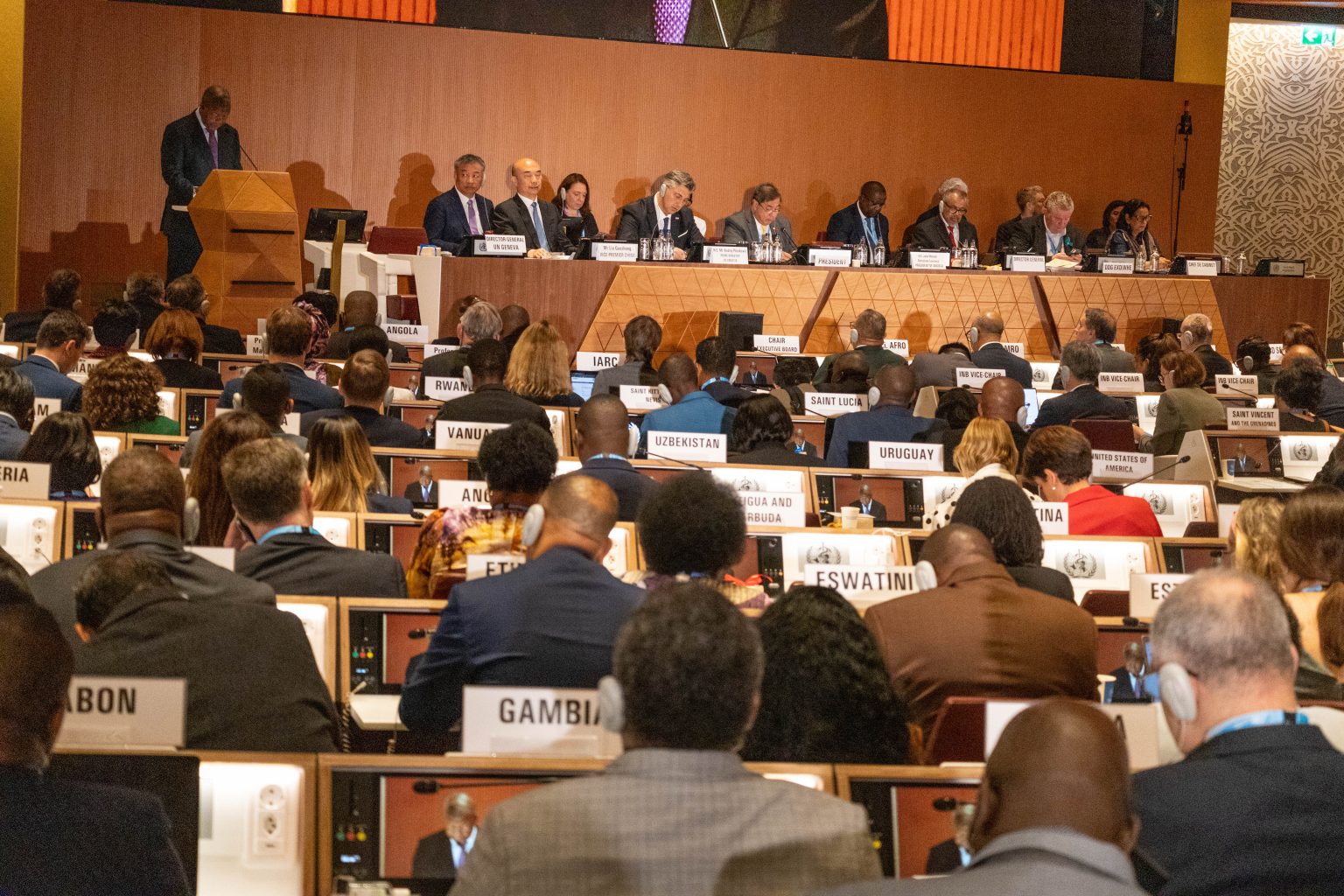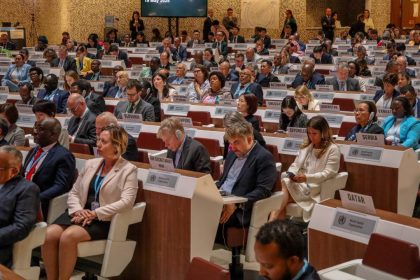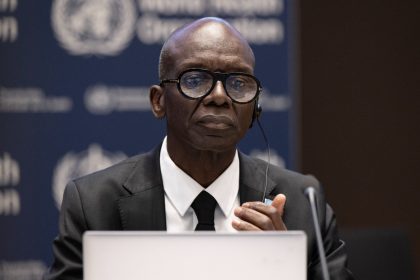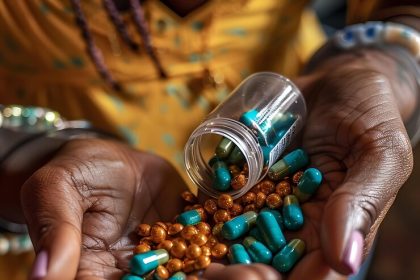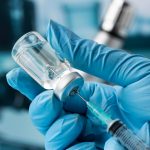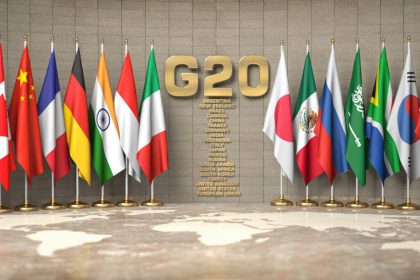Key moments included: sealing the Pandemic Agreement, a united vote for climate action, and filling funding gap left by US exit from WHO—solid moves in shaky times.
The 78th World Health Assembly (WHA) ended with countries uniting to address urgent global health threats—from global health, climate to economic crisis.
WHA, the highest decision-making body of the World Health Organization (WHO), was held in Geneva, Switzerland, where global health leaders, government officials and representatives from 194 nations convened for eight days under the theme “One World for Health.”
“The words ‘historic’ and ‘landmark’ are overused, but they are perfectly apt to describe this year’s World Health Assembly,” said WHO Director-General, Dr Tedros Ghebreyesus, currently serving his second term.
Member states finally approved the WHO Pandemic Agreement—a global playbook to prevent, prepare for, and respond to future outbreaks, after three years of tough talks.
To address global health financing, countries approved an increase in assessed contributions by 20 per cent to plug a US$600 million gap following the US government’s withdrawal of its membership from the WHO. Global health leaders also pledged $210 million to boost the WHO’s 2025-2028 health plan, strengthening support for countries worldwide.
Climate resolution objected by oil-rich members like Saudi Arabia, Iraq, Iran, Libya, backed by Russia
On the final day, WHA approved a Global Climate and Health Action Plan, tied to the Paris Agreement—despite hours of delays caused by objections from oil-producing nations like Saudi Arabia, Iran, Iraq, Libya, backed by Russia.
The global climate action plan focuses on building climate-resilient, low-carbon health systems, strengthening disease surveillance and early warnings, protecting vulnerable communities and embedding health in climate policies and funding.
Eastern Mediterranean Region (EMR) states, opposed the plan over “insufficient consultations” and objected to WHO support for clean energy in developing countries, calling for a delay. But the Assembly pushed forward, passing it 109–0, with 19 abstentions.
This WHA is being praised as one of the most successful, with key resolutions on digital health, the workforce, nursing, sensory and skin conditions.
Two new WHO campaigns were launched, including World Prematurity Day, focused on preventing early births and improving newborn care.
The campaign, part of the Global Strategy for Women’s, Children’s and Adolescents’ Health, urges countries to invest in proven care like newborn units, kangaroo mother care, and family support to improve outcomes for preterm babies.
Health burden from air pollution falls on vulnerable and marginalised populations
Also established was World Cervical Cancer Elimination Day every November 17th to accelerate action against this preventable disease, which remains the fourth most common cancer in women, claiming 350,000 lives annually, while 600,000 new cases emerge each year.
Second, countries approved updates to the Global Antimicrobial Resistance Action Plan, including a concrete target to reduce deaths from drug-resistant infections by 10 per cent before 2030. This strengthened framework will be finalised at next year’s assembly.
Finally, delegates adopted an ambitious Air Pollution Response Roadmap after recognising polluted air as the fifth major risk factor for noncommunicable diseases. With 99 per cent of humanity breathing unsafe air and seven million annual pollution-related deaths, the plan sets a groundbreaking 2040 target to halve these health impacts through better monitoring, policy changes, and focused protection for vulnerable communities in low-resource settings. Together, these measures tackle pressing health threats while prioritising those most at risk worldwide.
Aggressive advertising makes misleading claims about benefits of formula milk products
In another new resolution, members agreed topass a new resolution to strengthen rules on formula milk and baby food marketing—now covering digital advertising to curb misleading claims about formula benefits, promotion of unhealthy baby foods and harmful myths discouraging breastfeeding.
Over half of new parents globally—and over 90 per cent in some countries—see formula milk advertising, per a WHO/UNICEF study.
The WHA’s new resolution now regulates the marketing of infant formula, feeding bottles, and baby foods to curb misleading claims. Members also approved a decade-long global plan for Traditional, Complementary and Integrative Medicine (TCIM), emphasising scientific evidence for treatments, safety standards and practitioner training and careful integration with mainstream healthcare
Last year, WHO responded to 51 graded emergencies, including cholera and Mpox outbreaks
In another landmark decision, member states adopted a resolution declaring rare diseases a global health priority.Over 300 million people worldwide live with rare diseases—70 per cent begin in childhood, causing severe physical, emotional, and financial strain.
The resolution calls for integrating rare diseases into national health plans, boosting diagnosis and care via universal health coverage and accelerating research and affordable treatment access. WHO must now create a 10-year action plan with clear equity and inclusion targets.
The Assembly also discussed WHO’s work in health emergencies, noting that in the last year alone, it addressed 51 major crises across 89 countries, including cholera, Mpox, and climate-driven disasters. Notably, 60 per cent of new emergencies were climate-linked, underscoring health risks from global warming.
In his closing remarks, Dr Tedros noted that by adopting the new resolutions, members expressed the collective will of the nations of the world to work together on a shared approach to shared problems, which “reflects the vast scope of WHO’s mission and mandate.”
